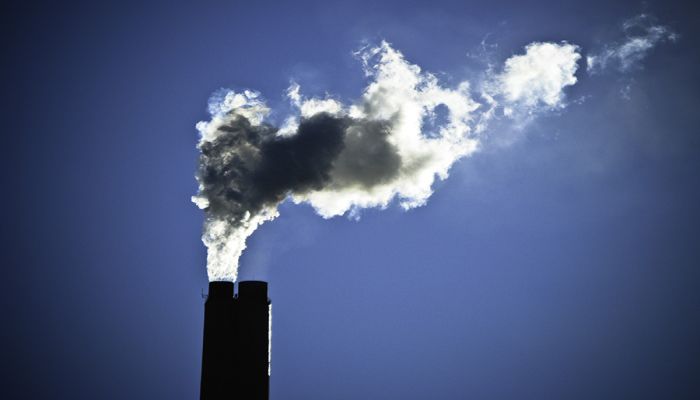
Desk Report
Publish: 20 Jul 2023, 01:30 pm
The effects of global warming.

A report said on Wednesday (19 July) that Bangladesh may lose 1.7 per cent of Gross Domestic Product (GDP) annually by 2037 if it fails to adapt to the effects of a 3°C global warming.
In addition, in the long run even GDP may decline by 7.6 per cent every year as a result of not being able to adapt to this climate-change impact.
By 2080 labour supply and productivity are estimated to decline by 46 per centin the country unless workers and employers are able to fully adapt to the changing climate.
The report by Grantham Research Institute on Climate Change, and the Environment and Centre for Climate Change Economics and Policy authored by Lucia Letsch, Shouro Dasgupta, and Elizabeth Robinson, analysed the impact of climate change on working conditions in Bangladesh and provided some concerning predictions.
Though adaptation options exist, and while there are several policies and frameworks for labour protection in place, their enforcement is currently weak, due in part to a lack of transparency, inefficient institutions, and corruption, it said.
In this regard, Dr AKM Saiful Islam, Professor and Director, Institute of Water and Flood Management (IWFM) of BUET saiud, "Bangladesh is witnessing alarming levels of climatic variability, particularly heatwave and heat stress that significantly impact human health, labour productivity and straining our economy’’.
He added, “the increasing frequency and intensity of these climate threats demand urgent action. It is imperative that we address these challenges and embark on a just transition towards economic sustainability for the future of Bangladesh,”
The report it’s being highlighted that in June 2023, Bangladesh experienced its longest heatwave since records began in 1971, with temperatures above 40°C in many parts of the country.
The climatic conditions of Bangladesh, combined with the structure of its labour market, make the population especially vulnerable to heat stress. Earlier in 2021, 37 per cent of total employment was in agriculture, and 22 per cent in industry. These workers are highly exposed to the negative effects due to heat stress.
Excessive exposure to heat has adverse effects on health, leading to organ damage, heat stroke, and even death in the worst-case scenario.
Also it’s slowing down their work, taking more breaks, having impaired mental capacity, making errors more frequently including the reducing of the capability of workers to carry out physical work which decreases productivity, report said.
Also both economic output and individual wages can be affected by productivity loss, harming local economies and communities. This will have negative effects on Bangladesh's national output, on individual incomes, and on efforts to attain Sustainable Development Goals (SDG), the report further predicted.
Rising temperatures may also change the distribution of the workforce across sectors. Migration in Bangladesh has followed a trend from rural to urban areas in recent years.
Rerport said, in Dhaka, the population density increased by 76.6 per cent between 2001 and 2017, which was found to have significantly increased the temperature in the city. The average temperature is 3°C higher in Dhaka city compared to its surrounding.
The report also highlighted that possible adaptation options include changing working conditions (which could be cooling and hydration breaks, changing working hours, and access to cooling indoors), adjusting building designs, climate smart urban planning, and mechanisation.
Henceforth, increasing the possibility of unemployment as massive level which will be able to rise the ratio of poverty and inequality as well.
Subscribe Shampratik Deshkal Youtube Channel
Topic : Global warming GDP Lose 2037
© 2024 Shampratik Deshkal All Rights Reserved. Design & Developed By Root Soft Bangladesh